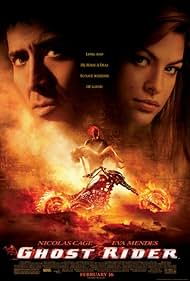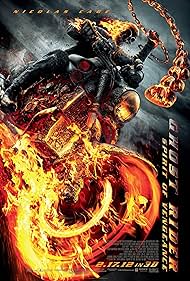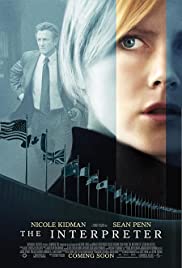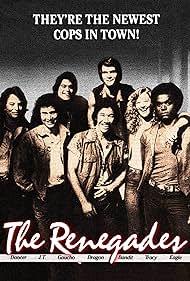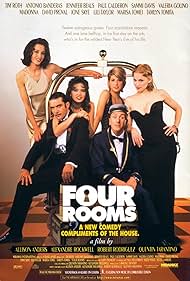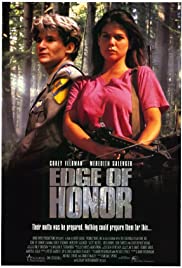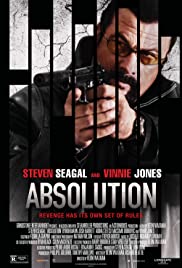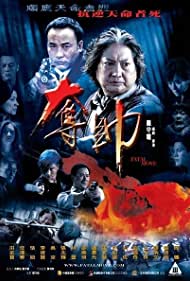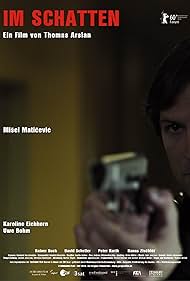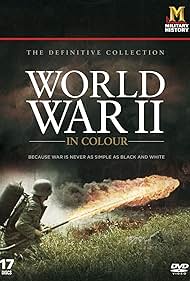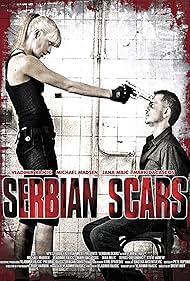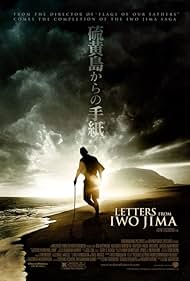Bowling for Columbine Soundtrack (2002)

Buy on Amazon Play and download Soundtracks
Bowling for Columbine
Bowling a Columbine
Bowling for Columbine
Synopsis
"Bowling for Columbine" is a documentary film by activist filmmaker Michael Moore that explores the issue of gun violence in the United States.
The United States is known for having a high number of firearm-related deaths compared to other developed nations, despite not being in a state of civil war.
Michael Moore uses his signature sense of angry humor to delve into the roots of this violence and challenges conventional explanations such as easy access to guns, violent history, and poverty.
He discovers that these factors alone are not enough to explain the high levels of gun violence in America, as other cultures with similar circumstances do not experience the same level of carnage.
Moore goes deeper into America's culture of fear, bigotry, and violence, as well as the widespread gun ownership in the nation, in search of a possible explanation for the gun violence epidemic.
He also investigates the role of powerful political and corporate interests in perpetuating this culture of violence for their own gain.
